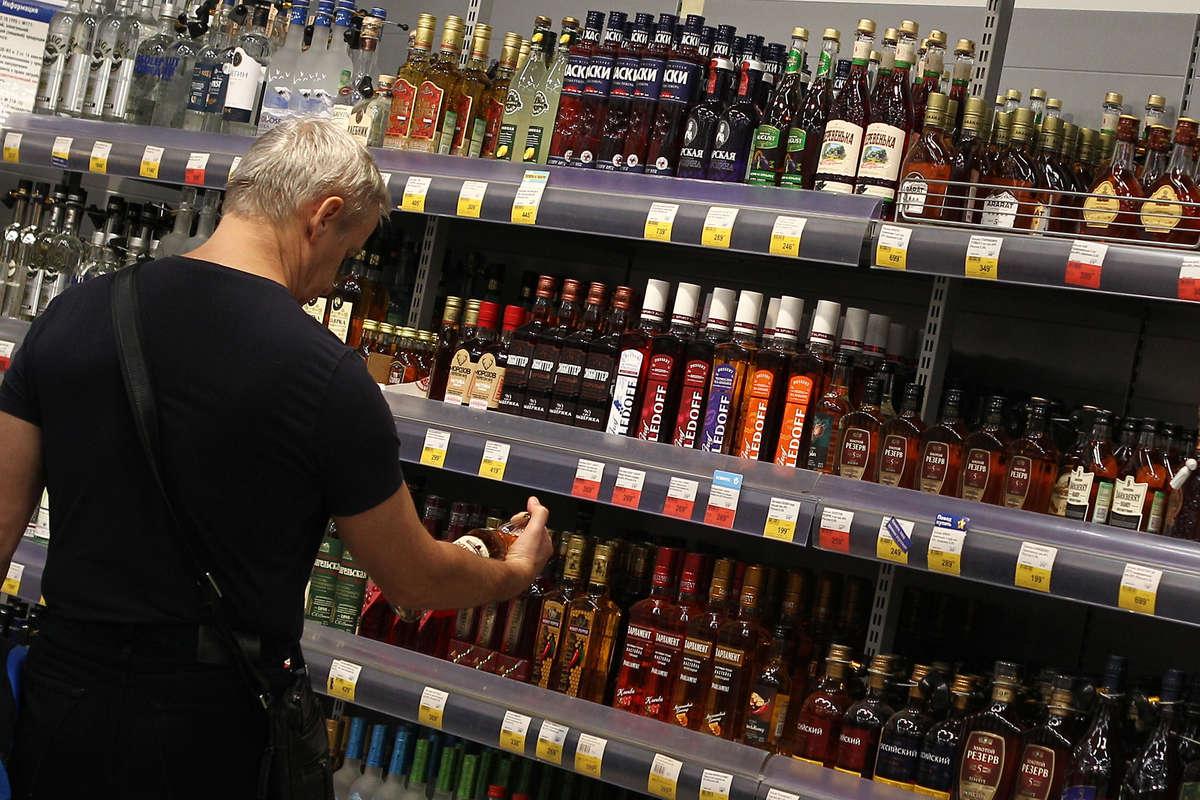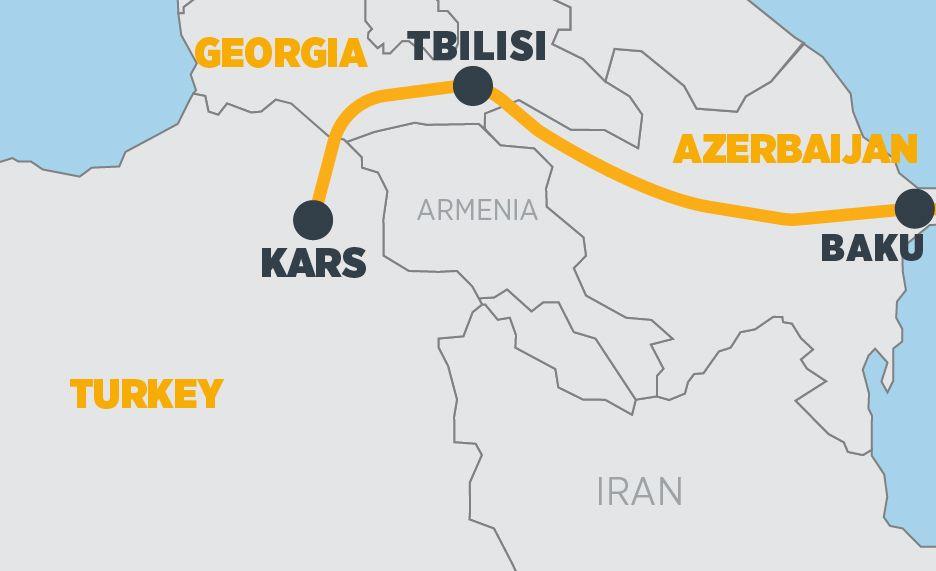Armenian cognac fiasco: Fake labels, real consequences Azerbaijan eyes Russian market takeover
The Anti-Counterfeiting International Association, in collaboration with the Union of Cognac, Spirit, and Alcohol Producers, conducted a comprehensive study on 200 cognac samples from over 20 brands produced by Armenia's top ten manufacturers.
The investigation uncovered significant issues, with 177 samples — representing a staggering 89% — failing to meet established standards. Alarmingly, 9 out of 10 samples were found to be ordinary alcoholic beverages rather than genuine cognac. Furthermore, nearly half of these samples contained alcohols not derived from grapes, a key component that defines authentic cognac. In summary, only 23 samples were fully compliant with the Russian Federation's GOST standards and regulations.
In response to the findings, the Anti-Counterfeiting Association has issued formal appeals to the Prosecutor General's Office, the Federal Customs Service, and Rosalkogoltabakcontrol. The Association is urging these authorities to implement additional controls over imported alcoholic beverages from Armenia, particularly given that these imports pass through Georgia. They also called for measures to restrict the circulation of products that fail to meet quality standards in both wholesale and retail networks.

The Association's appeal highlights that the influx of falsified alcoholic products from Armenia fosters unfair competition and price dumping, posing a significant threat to legitimate market participants. The availability of cheap, adulterated products has already created challenges for domestic producers. If the expansion of these substandard products into the Russian market continues, it could jeopardize the very survival of Russian producers.
Christina Skrypnyk, General Director of the Anti-Counterfeiting Association, revealed, "The research results were shocking. We expected to find some violations, but discovering that nearly half of the cognacs in shops are completely fake is staggering. Even more alarming is that sticking to one brand doesn't guarantee authenticity. Samples of the same brand, with different bottling dates, could either comply with the standards or contain non-grape alcohols instead of genuine grape alcohol."
In response to these findings, the association has already submitted formal appeals to the Prosecutor General's Office, the Federal Customs Service, and Rosalkogoltabakkontrol. This situation can only be described as a "trade war," and in Azerbaijan, we have reasons to be pleased. A reduction in Armenia's budget revenues, a tarnished image of Armenian cognac producers in the post-Soviet space, and a growing scepticism among consumers — are all likely outcomes. Consumers across the region, not just in Russia, may start to question, "If you're falsifying, why are you poisoning people?" Such concerns could lead to far-reaching consequences, possibly even raising issues with organizations like the Union of Armenians of Russia. Against the backdrop of deteriorating Russia-Armenia relations, this adds another weight to the scale, suggesting that Russia might punish Armenia for its misconduct, and the Anti-Counterfeiting Association's appeal is just the beginning.
In the context of strained relations between Armenia and its neighbours, there is a simple truth: what’s bad for Armenia is often good for Azerbaijan. With Armenian cognacs potentially being pushed out of the Russian market, Azerbaijani entrepreneurs should seize this moment to introduce high-quality Azerbaijani cognacs as a replacement. This is a significant "window of opportunity" that shouldn’t be overlooked. The market is vast, and so are the potential profits.
Armenia's short-sighted policies and repeated mistakes offer Azerbaijan a chance to turn these blunders to its advantage. By alienating all its neighbours, including us, Armenia remains blind to what could actually benefit its population and its state. Instead of engaging in short-term tricks like colouring potato alcohol with tea, Armenia could focus on long-term projects with sustainable profits. This is where Azerbaijan can step in, offering genuine quality and consistency — something that could reshape the market and bring lasting success.

As Armenian producers focused on bottling adulterated products, railway operators in Georgia and Azerbaijan took a different path — one of progress and cooperation. They established a joint venture, BTKİ Railways, which will manage the infrastructure of the Marabda-Kartsakh section of the Baku-Tbilisi-Kars (BTK) railway. This project is set to significantly boost regional trade, with annual freight traffic expected to increase from 1 million to 5 million tonnes. This is a prime example of "regional trade routes and mutually beneficial business cooperation."
And Armenia? Once again, it finds itself sidelined from a lucrative and promising project. Well, thank God for that.








